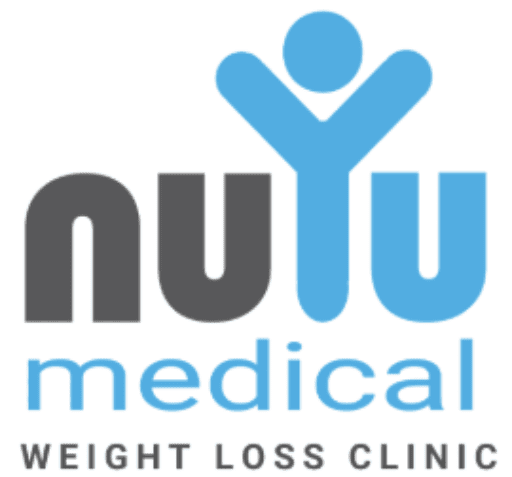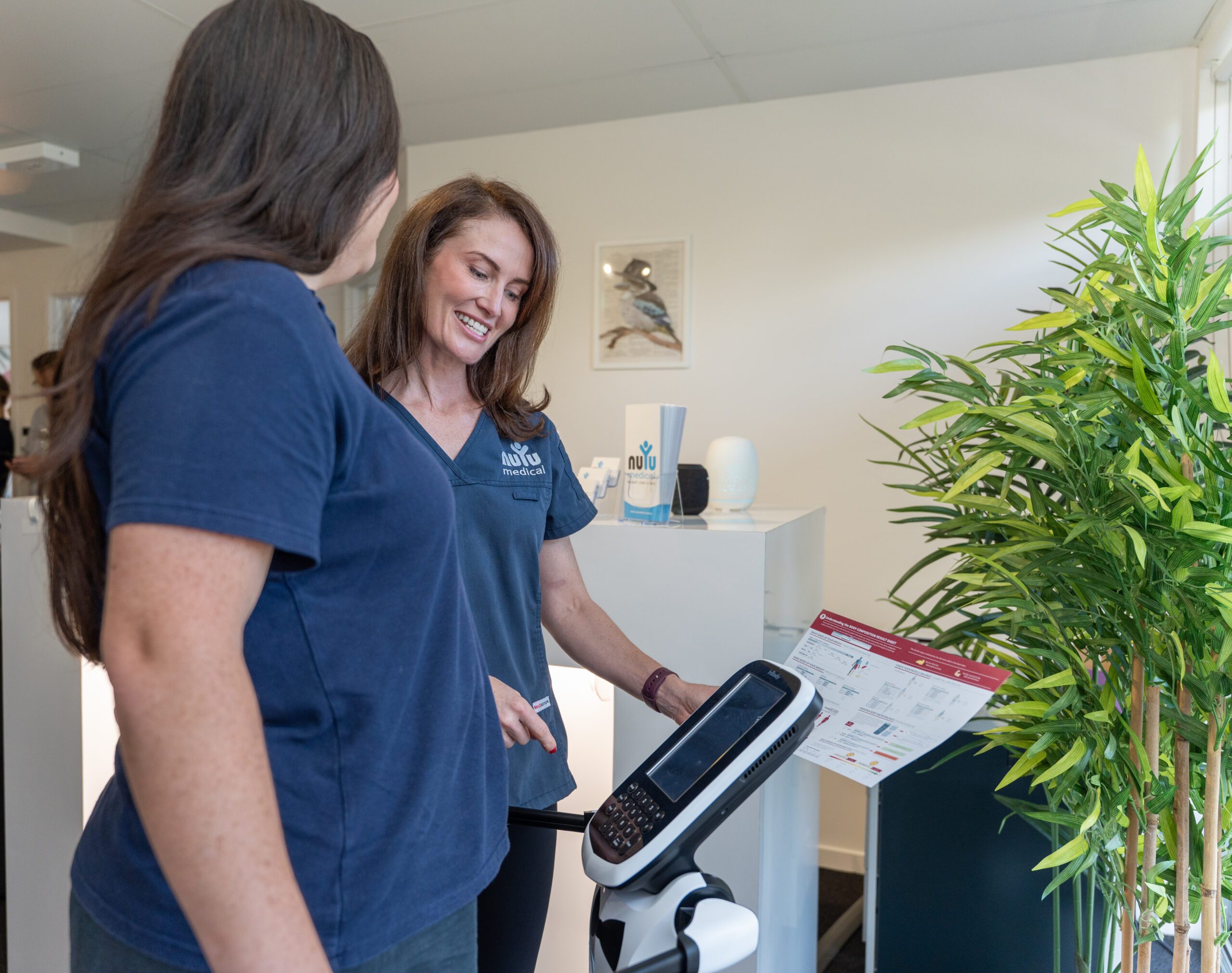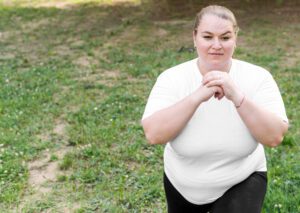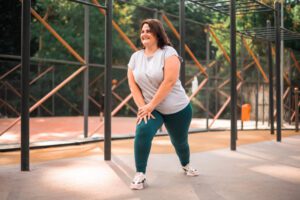As menopause sets in, many women experience shifts in metabolism, energy levels, and appetite. These changes aren’t in your head—they’re physiological responses to declining oestrogen and other hormone fluctuations. The good news? Nutrition plays a powerful role in easing symptoms, maintaining a healthy weight, and improving overall wellbeing.
At our Gold Coast medical weight loss clinic, we offer dietitian-led nutrition support for women going through menopause. Whether you’re based in Southport, Surfers Paradise, or accessing Telehealth across Queensland, we’re here to help you fuel your body with purpose and feel more like yourself again.
How Menopause Affects Nutrition Needs
During menopause, your body’s requirements change. You may need:
- Fewer overall calories due to a slower metabolism
- More protein to preserve muscle mass
- Bone-supportive nutrients like calcium and vitamin D
- Foods that support blood sugar balance and mood regulation
Without adjusting your diet to these new needs, you may experience weight gain, fatigue, irritability, or nutrient deficiencies.
What to Eat for Energy, Balance & Hormone Support
1. Focus on Whole, Nutrient-Dense Foods
Minimise processed foods and instead build meals with:
- Lean protein: chicken, fish, tofu, legumes, eggs
- Healthy fats: avocado, nuts, seeds, olive oil
- Fibre-rich carbohydrates: sweet potatoes, quinoa, oats, vegetables
- Low-sugar fruits: berries, citrus, apples
These foods help regulate insulin levels, reduce inflammation, and support gut health—all key during menopause.
2. Prioritise Protein with Every Meal
Protein becomes even more important after 50. Aim for:
- 20–30g of protein per main meal
- Protein snacks like Greek yoghurt, boiled eggs, or edamame
- Including protein at breakfast to help manage hunger throughout the day
This supports lean muscle retention and helps boost your resting metabolic rate.
3. Support Bone Health with Calcium and Vitamin D
As oestrogen drops, so does bone density. Prioritise:
- Calcium-rich foods: dairy, sardines, leafy greens, fortified almond milk
- Vitamin D: from moderate sun exposure or a supplement (doctor-recommended)
We also assess vitamin levels during your weight loss program and may recommend a tailored supplement plan.
4. Reduce Inflammatory Triggers
Many menopausal symptoms are worsened by chronic inflammation. Consider cutting back on:
- Excess sugar and refined carbohydrates
- Highly processed meats and trans fats
- Alcohol and caffeine (especially if sleep or hot flashes are issues)
Our dietitians help you reduce without restriction, so you don’t feel deprived.
5. Stay Hydrated & Mind Gut Health
Hydration and gut health impact everything from energy to mood to immunity. Drink water regularly and include:
- Probiotic-rich foods like yoghurt, kefir, and miso
- Prebiotic fibres from foods like bananas, oats, and garlic
A happy gut can also support better absorption of key nutrients during this stage of life.
Sample Menopause-Friendly Day on a Plate
- Breakfast: Greek yoghurt with chia seeds, berries & walnuts
- Snack: Hummus with sliced capsicum and wholegrain crackers
- Lunch: Grilled salmon salad with avocado, pumpkin, and quinoa
- Snack: Protein smoothie with spinach, almond milk & banana
- Dinner: Stir-fried tofu with broccoli, bok choy, and brown rice
- Evening: Herbal tea with a few almonds
Ready for Personalised Menopause Nutrition Support?
Book a dietitian consultation or medically supervised weight loss appointment to start your journey today. We offer evidence-based care that fits your body, your lifestyle, and your goals.





